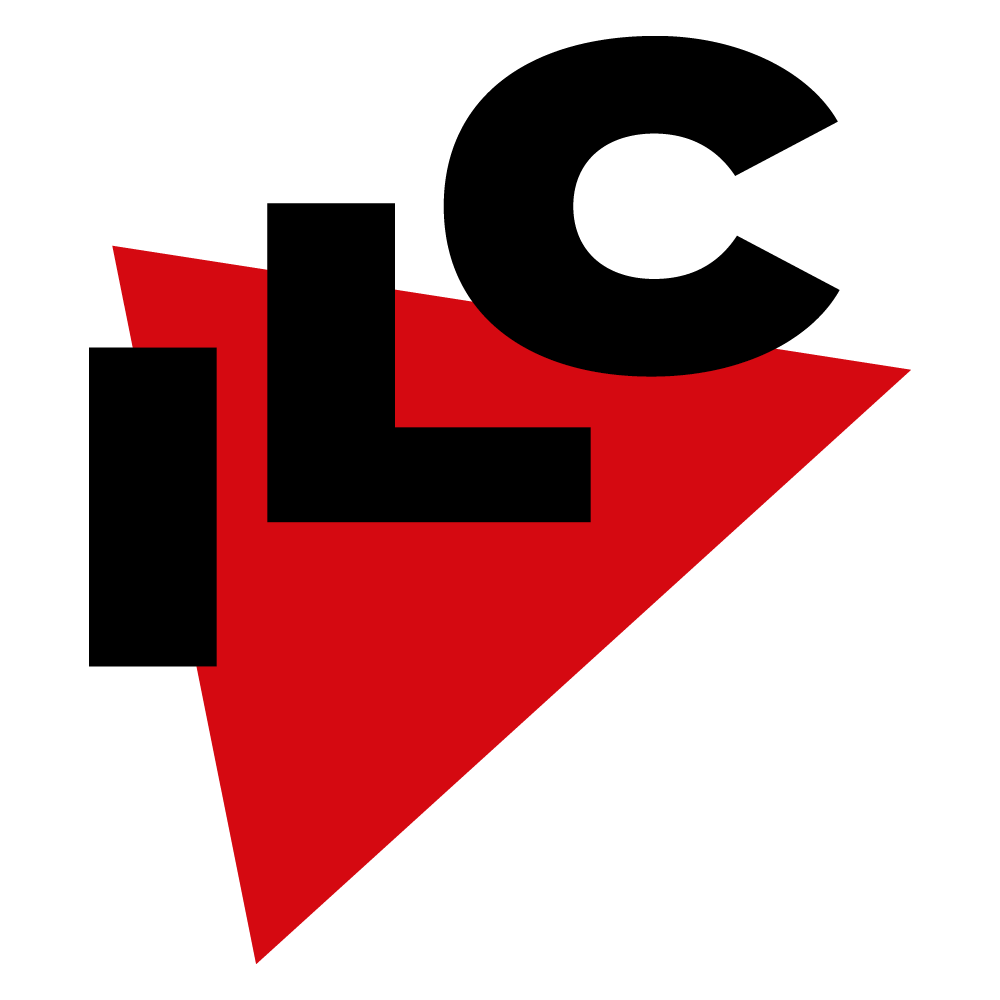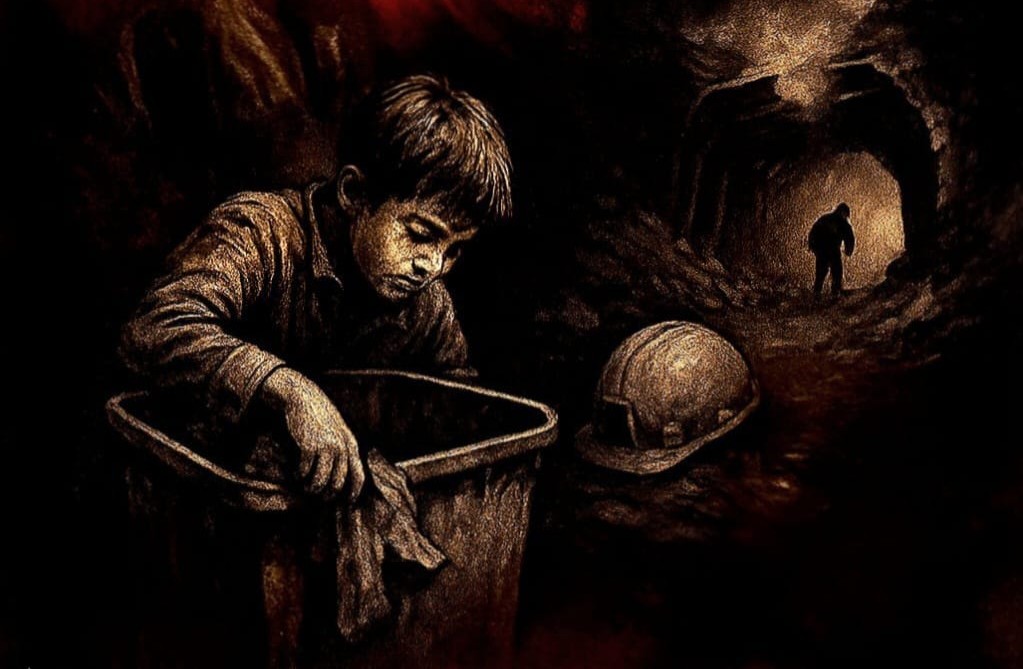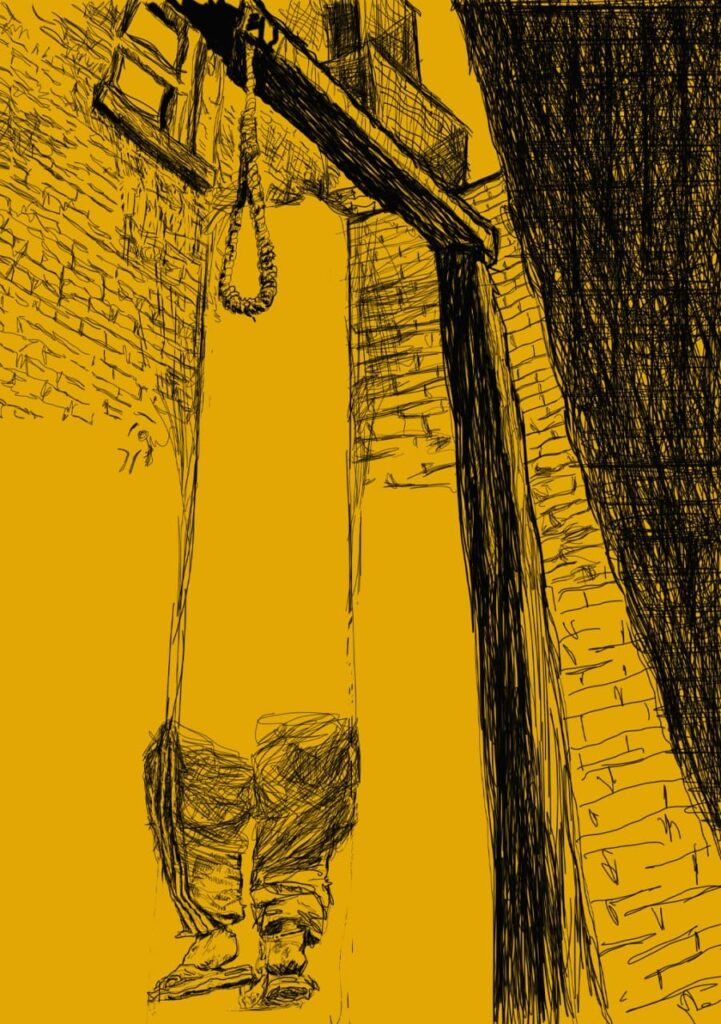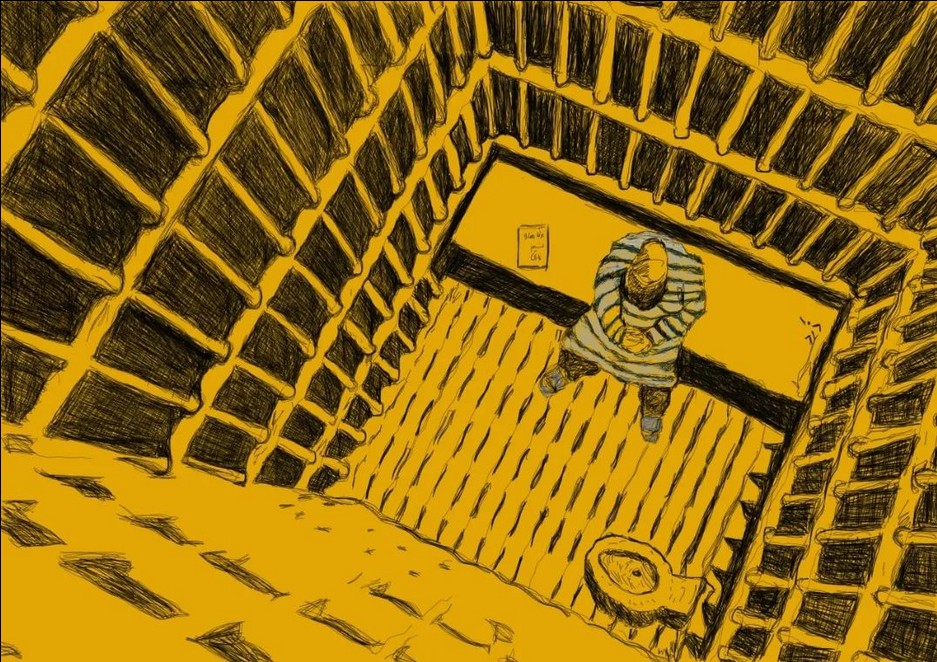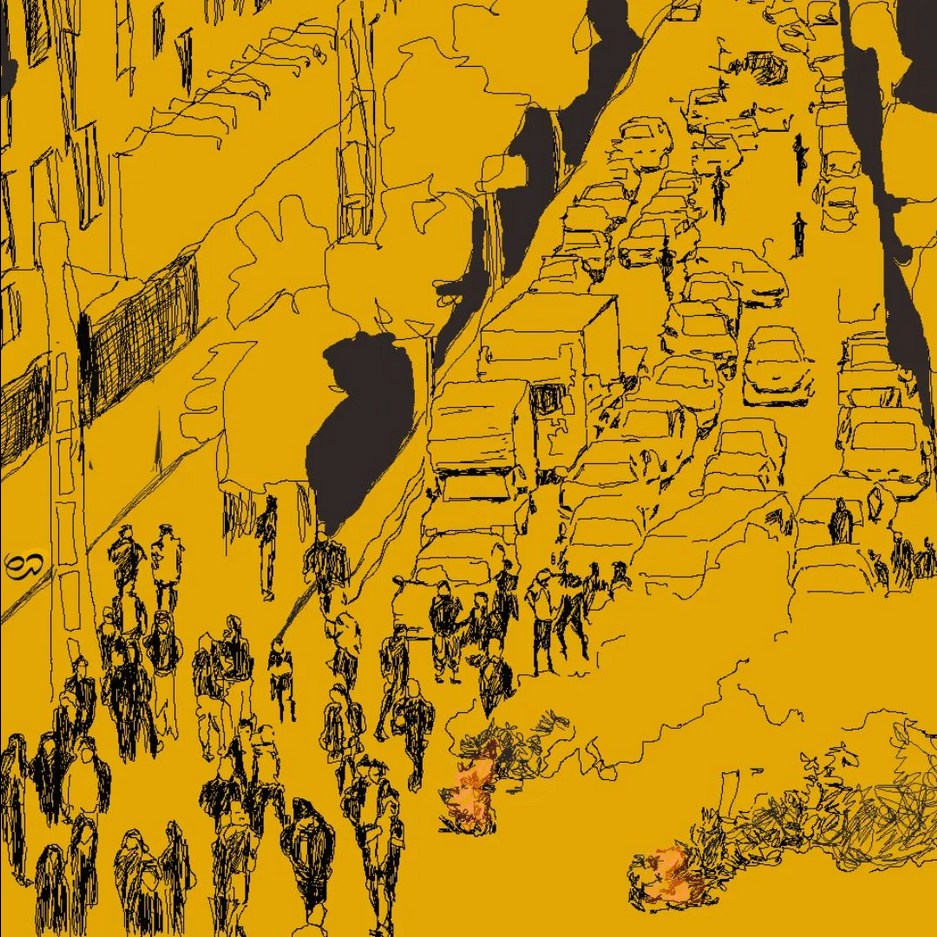On the eve of the 113th Session of the International Labour Organization (ILO), the ILC has published an open letter exposing the systematic and widespread violations of workers’ rights by the Islamic Republic of Iran. This letter, which has also been shared with international trade unions, presents a harrowing picture of the condition of the working class in Iran, supported by official statistics and on-the-ground observations.
The letter highlights the role of security agencies in repressing workers, the absence of independent labor organizations, and the extensive exploitation taking place in free trade zones and key industries such as oil and gas. It also documents the dire situation of kolbars (border porters), sukhtbars (fuel carriers), women, child laborers, and Afghan migrant workers—cases that clearly constitute violations of the ILO’s fundamental conventions.
The Confederation calls on the ILO to expel regime-affiliated representatives from the Conference, investigate the violations of key conventions, and take action to secure the immediate release of imprisoned labor activists. The authors of the letter describe the Islamic Republic as an enemy of the workforce and demand its accountability before international institutions.
The full text of the letter follows below.
Letter to the 113th ILO Conference (June 2025)
Exposing the Systematic Violation of Workers’ Rights by the Islamic Republic of Iran
CC: To International Trade Unions
Introduction:
The Voice of Iranian Workers Against the Regime’s Irresponsibility
Iran Labour Confederation – Abroad (Iranlc.org), as an advocate for the rights of Iranian workers, submits this report to the 113th session of the International Labour Organization (ILO) to expose the systematic violations of the rights of workers and wage earners by the Islamic Republic regime. Iranian workers, the backbone of the country’s economy, are living in unprecedented poverty. The officially approved minimum wage (around 10 million tomans for the year 1404) is several times lower than the cost of a basic livelihood (over 50 million tomans, according to estimates by independent activists) and fails to cover essential needs such as food, housing, healthcare, and education. Widespread malnutrition, deprivation from vocational training, and lack of healthcare and sanitary facilities, along with an actual unemployment rate far higher than the official figure of 7.2%, have left workers in a state of total disenfranchisement.
Women workers face gender-based discrimination, unjust wages, and workplace harassment, while LGBT workers are denied any legal protection. Child laborers are exploited in agriculture, workshops, and waste management. Border porters and fuel carriers (Kolbar and Sukhtbar) are killed under military violence and gunfire in border regions. Workplaces, particularly in special economic zones and free trade zones (such as Asaluyeh and Chabahar) and in the oil, gas, and petrochemical industries, are repressive and unsafe due to heavy security oversight and militarized management. Private sector workers suffer under precarious contracts and lawlessness, while public sector employees such as teachers, nurses, and retirees face meager wages and repression of protests. Iran’s mines have become death traps due to the absence of safety measures. The truck drivers’ strike, beginning on the 1st of Khordad 1404, protesting soaring fuel costs and lack of insurance, is an example of widespread discontent that is persistently met with denial and repression.
The Islamic Republic regime, through its suppression of independent labor organizations, has deprived workers of genuine representation and attempts to silence their voices by sending regime-affiliated delegates to the ILO. Catastrophes such as the Shahid Rajaee Port explosion (April 2025), which left dozens dead and hundreds injured, the Tabas mine explosion (September 2024) with 53 deaths, and unsanitary working conditions exposing laborers to biological hazards, all reflect the structural irresponsibility of the regime. We call on the ILO to investigate these violations of workers’ rights in Iran and hold the regime accountable.
Workplace Insecurity:
Worker Deaths as a Result of the Regime’s Irresponsibility
The Islamic Republic regime, through its disregard for workplace safety, has endangered the lives of workers. Alireza Raisi, Deputy Minister of Health, admitted that approximately 10,000 workers die each year in Iran due to occupational accidents—a statistic that highlights the severity of the crisis (IRNA, 1404). The explosion at Shahid Rajaee Port on April 26, 2025, which killed dozens of workers and injured hundreds, was the result of unsafe storage of chemicals by IRGC military institutions, constituting a violation of Conventions 155 (Occupational Safety and Health) and 174 (Prevention of Major Industrial Accidents). The Tabas mine explosion in September 2024, which killed 53 workers due to the absence of methane gas sensors, highlights a violation of Convention 176 (Safety and Health in Mines). According to reports, at least 9,879 workers were killed or injured in workplace incidents in 2024.
Special Economic and Free Trade Zones:
Special economic zones such as Asaluyeh, Chabahar, and Kish—which host oil, gas, petrochemical industries, and power plants—operate under exceptional regulations that exclude workers from the protections of Iran’s labor law. These zones are managed in a militarized manner under heavy security surveillance by the IRGC and government bodies. Workers are exploited under temporary contracts, exhausting work hours (up to 12 hours per day), and extremely low wages. Any attempt to protest or organize is met with immediate repression, in violation of Conventions 87 and 98.
Key industries like oil, gas, and petrochemicals—particularly in these zones—have become unsafe workplaces due to the control of military institutions. Mines, too, cause hundreds of deaths and injuries annually due to a lack of safety standards such as ventilation and gas detection systems.
As the 113th ILO Conference addresses the development of new standards for the protection of workers from biological hazards (ILC.113/Report IV(4)), we highlight this issue as part of Iran’s broader workplace safety crisis. During the COVID-19 pandemic, medical personnel died due to lack of protective equipment, and hundreds of doctors and nurses perished. Slaughterhouse workers, especially in Sistan and Baluchestan, are exposed to zoonotic diseases such as Crimean-Congo hemorrhagic fever without access to protective gear or training. Waste management workers—including child laborers employed by companies under Tehran Municipality supervision—handle infectious waste without gloves or masks, in violation of the ILO’s 2022 guidelines. Protesting nurses in cities such as Tehran and Shiraz were met with repression in 2024.
2. Informal Economy and Job Insecurity: Systematic Exploitation of Workers
As the 113th ILO Conference addresses innovative approaches to transitioning from the informal to the formal economy (ILC.113/VI/Points for discussion), we highlight this issue as a calamity imposed by the regime. Approximately 97% of employment contracts in Iran are temporary, depriving workers of job security and insurance. It is estimated that 60 to 80 percent of the labor force is engaged in the informal economy, including construction workers, street vendors, and waste management laborers—none of whom have contracts or legal protections. This violates ILO Recommendation 204.
Control of Industries by Government-Affiliated Bodies:
Key industries such as steel, petrochemicals, water and dam construction, road building, and automobile manufacturing are owned or operated by IRGC-affiliated entities (such as Khatam al-Anbiya Construction Headquarters) and government foundations (such as the Mostazafan Foundation). These entities have formed mafia-like networks that plunder national wealth and exploit workers through precarious contracts, meager wages, and harsh repression.
Kolbars and Suktbars:
Kolbars in Kurdistan and Sukhtbars in Sistan and Baluchestan are among the most vulnerable informal workers. According to human rights organizations, 339 kolbars and Sukhtbars were killed or injured in 2024 (163 killed). Driven to high-risk work by poverty and regional discrimination, these laborers face military gunfire, in violation of Conventions 155.
It is also necessary to highlight the widespread protests by bakery workers in recent months, which have erupted in response to soaring fuel prices, frequent power outages, and the reduction or complete cut of flour rations. A significant portion of bakers belong to the informal economy and lack access to legal protections or insurance. The recurring daytime power cuts have effectively halted bakery operations, resulting in the unemployment of bakery workers. Meanwhile, baking during nighttime hours is prohibited, and those who violate this restriction face heavy fines. The pressures imposed on this sector go far beyond their immediate working conditions—they directly threaten the livelihood and daily sustenance of millions of working-class and impoverished households. This indirect assault on subsistence is yet another example of the anti-worker policies of the Islamic Republic regime, carried out under the silence and inaction of official institutions.
3. Discrimination and Exploitation of Vulnerable Groups
- Women Workers: Women’s labor force participation stands at only 14.35% (ILO, 2024). Women face gender discrimination, unequal pay, and harassment, and are exploited particularly in textile and service sectors. This violates Conventions 100 and 111.
- LGBT Community: These workers face systemic discrimination and violence and receive no legal protection.
- Child Labor: Children are exploited in agriculture and waste management, in violation of Conventions 138 and 182.
- Afghan Migrant Workers: These laborers work in hazardous jobs without insurance (IOM, 2024), violating Convention 97.
4. Poverty and Livelihood Misery: Enforced Hunger and Deprivation
The approved minimum wage (10 million tomans) is several times lower than the cost of a basic livelihood (50 million tomans). The ITUC 2024 report ranked Iran at level 5, among the worst countries for workers. Malnutrition and poverty violate the principles of decent work and the International Covenant on Economic, Social and Cultural Rights (ICESCR).
Retirees and the Healthcare Insurance Crisis:
Social Security retirees and those under other pension funds face a reduction in healthcare insurance coverage, with up to 80% of medical expenses paid out of pocket (ITUC, 2024). Meanwhile, pensions for nearly 70% of retirees are equivalent to the minimum wage. Active workers also suffer from inadequate healthcare insurance, in violation of Convention 102.
5. Suppression of Unions and Protests: Labour Suffocation
The regime has violated Conventions 87 and 98 by suppressing strikes and labor organizations. In the summer of 1403, a mass strike involving tens of thousands of project-based oil, gas, and petrochemical workers in Asaluyeh, Bushehr, and other regions—demanding improved wages and working conditions—was met with brutal repression of the organizers. Security agencies accused the organizing activists of “collaborating with foreign entities,” and certain regime-affiliated individuals, both inside and outside the country, operating under the guise of “labor activists,” played a role in fabricating cases against the protest leaders.
Human rights reports (Amnesty International, 2024) show that some prisoners have been forced into compulsory labor inside prisons, such as work in production workshops or hard labor, which constitutes a violation of Convention 29. Numerous independent labor and trade union activists remain imprisoned simply for defending their rights. We demand their immediate release.
6. Regime-Affiliated Delegates at the ILO
State-affiliated delegates such as members of the “Workers’ House” and the “High Council of Trade Associations of Iranian Workers” are instruments of the regime and complicit in the repression of workers. We call for their expulsion from the ILO.
7. Demands
The Confederation calls on the ILO to:
- Immediate investigation into the violations of fundamental ILO Conventions (87, 98, 100, 111, 138, 182, 29) and other key conventions (155, 97, 102), as well as breaches of ILO safety principles in industrial and mining incidents (related to Conventions 174 and 176, even if not ratified by Iran).
- Expulsion of regime-affiliated delegates from the ILO.
- Pressure for the immediate release of imprisoned labor activists.
- Mobilize global labor unions in solidarity with Iranian workers.
The Islamic Republic regime, through its systematic violation of workers’ rights, widespread exploitation, and repression of labor organizations, stands as an enemy of Iran’s working class. Iranian workers expect international institutions not to remain silent in the face of these blatant violations of ILO conventions and the repression of labor rights. This regime must be expelled from international institutions and prosecuted before international courts such as the International Court of Justice for its violations of workers’ rights. It is the duty of states that claim to uphold human rights to take firm action against this level of repression and disregard for international laws and conventions by the Islamic Republic. We call on the ILO to act decisively, to hear the voice of Iranian workers, and to hold the regime accountable. Global solidarity is the only path to justice for Iranian workers.
Iran Labour Confederation – Abroad
May 2025
